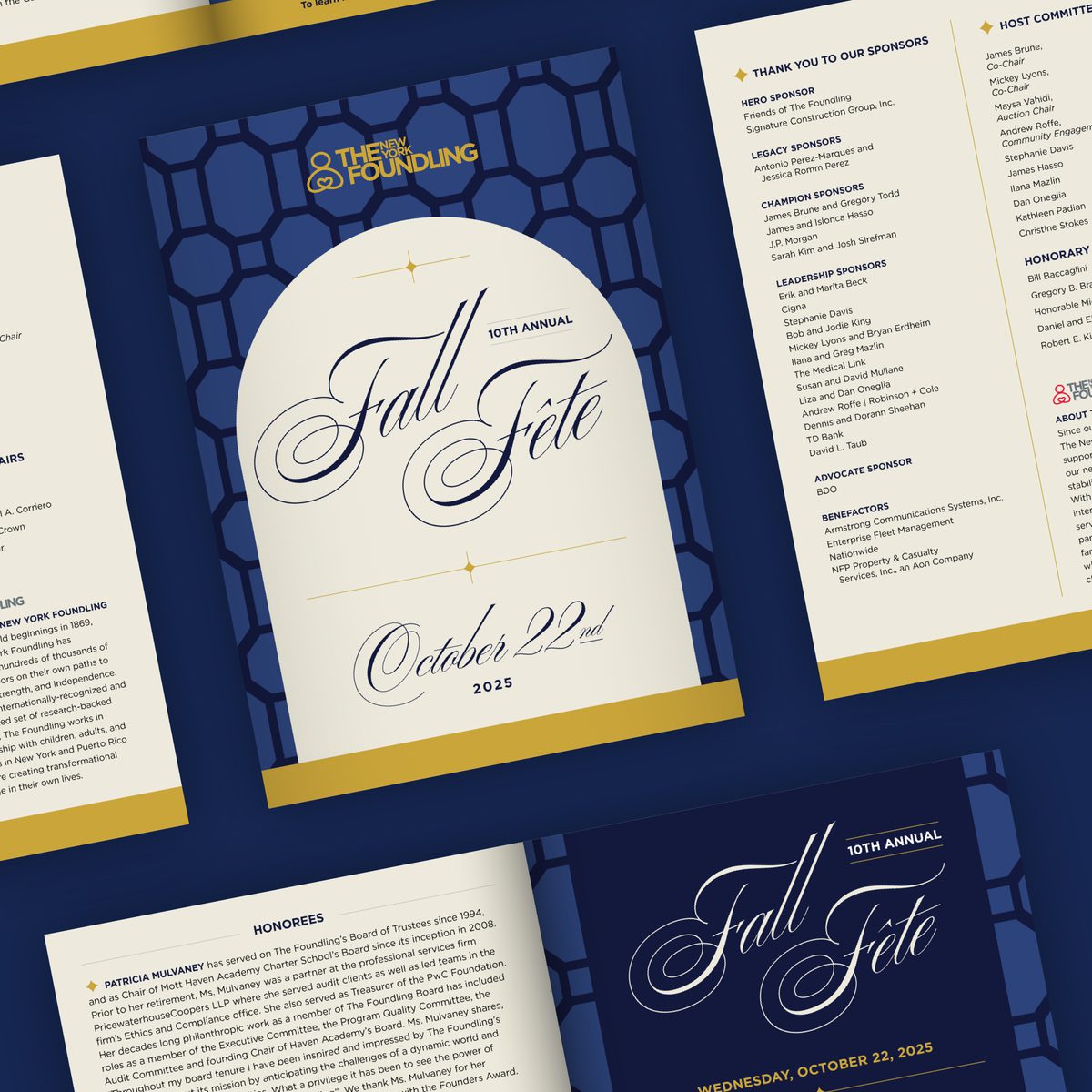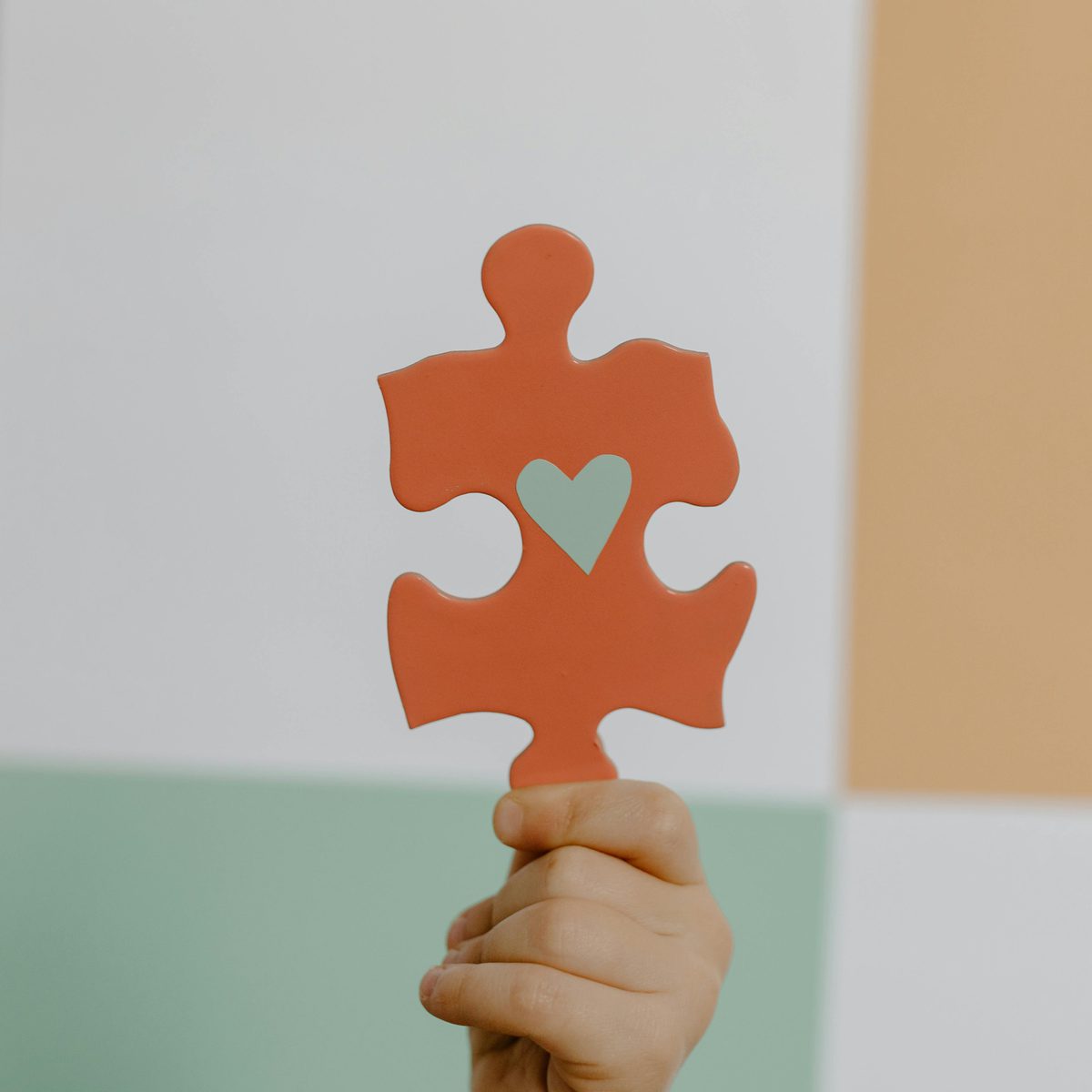- Expand Your Marketing and Outreach

- Tips for Your Team
Principles for meaningful work: Insights from Aikido
At Minds On Design Lab (MOD-Lab), our work in nonprofit brand and web design isn’t just guided by our creative expertise. It’s also guided by principles from the martial art of Aikido: awareness, etiquette, a beginner’s mind, and resourcefulness. Our principals, Michelle and Seth, have over 30 combined years of Aikido experience. It's no surprise, then, that they have brought the lessons learned in the dojo to every aspect of our work. In this post, we’ll share how Aikido shapes our studio's approach to design as well as the lessons it offers any team for meaningful work.
What is Aikido?
Aikido is a traditional Japanese martial art, developed by Morihei Ueshiba in the early 20th century. Aikido emphasizes harmony, balance, and the redirection of energy rather than brute force. It focuses on using an "opponent's" energy and movements against them through joint locks, throws, and circular motions. Rooted in principles of non-violence and self-improvement, Aikido blends physical techniques with mental discipline. Practitioners value peace and resolution over conflict.
Aikido is relational in nature. Every technique requires a partner with whom to share energy. This collaborative approach is one of the main reasons Aikido is so effective for personal growth.
Collaboration is also at the heart of MOD-Lab.
The qualities and principles that guide us
The principles of awareness, etiquette, beginner’s mind, and resourcefulness guide our work. They offer a roadmap for thoughtful, intentional work for teams in any industry as well, including the social sector.
Awareness
Being ready to react to any situation requires an awareness of self, others, environment, and the energies around us. Aikido stresses the importance of developing situational awareness.
In our work, this means we are aware of each project’s context, goals, and changing dynamics. Awareness isn’t just about the details. It’s also about understanding the bigger picture. When team members share this understanding, they align on objectives. Ultimately, this leads to more effective outcomes.
Teams can apply an awareness-driven approach in many ways:
- Use active listening in every interaction. Focus on understanding what others are saying. Listen for underlying motivations, pain points, and opportunities.
- Share key details with everyone involved. Make sure all participants are aware of the big picture, steps, and tools involved. This strengthens trust and creates a collaborative spirit.
- Build a strategic blueprint with awareness of mission and audience. Start with a clear plan that addresses both immediate goals and long-term impact.
Practicing awareness supports alignment, transparency, and mission-focused outcomes. With this approach, teams can create solutions that honor those they serve and their goals.

Etiquette
Etiquette is a way to show respect, gratitude, and a readiness to contribute. It is a way of operating and handling oneself in relation to others. In Aikido, we express appreciation to our teachers, peers, and space. We anticipate the needs of others without hesitation. For example, if something needs to be cleaned, we clean it; if a cup is empty, we fill it. This proactive approach builds a culture of care and attentiveness.
In professional settings, etiquette changes the quality of work and the energy of a team. Here are some ways etiquette can create a respectful, motivated environment:
- Practice gratitude. Expressing thanks to each other uplifts the team and makes challenges feel manageable. Gratitude can also help teams shift from viewing obstacles as setbacks to seeing them as growth opportunities.
- Value honesty. Open and constructive communication is essential to building trust. Focus feedback on actions and deliverables, rather than on people. This encourages a culture of improvement without personal criticism. Kind honesty creates a solid foundation for long-term partnerships and productive teamwork.
- Consider your presentation. How we present ourselves—both in tone and appearance—impacts our interactions. Balance confidence with humility, professionalism, and warmth to create a welcoming, respectful environment.
- Commit to quality. Taking pride in the quality of one’s work is a form of respect for colleagues and clients alike. Strive to meet high standards and commit to continuous improvement. Teams that do this build trust and can count on each other.
Etiquette creates an atmosphere where everyone feels valued, respected, and empowered to do their best work.

Beginner’s Mind
In Aikido, beginner’s mind is the practice of setting aside assumptions and approaching each lesson as if seeing it for the first time. Beginner's mind encourages openness and curiosity. It helps us better understand the concepts and techniques covered.
In professional settings, a beginner’s mind can help us keep an open mind when approaching challenges. Preconceived notions--whether about a customer's needs or a technical problem--get in the way of effective problem solving. Here’s how a beginner’s mind can benefit any team:
- Balance experience with openness. A beginner’s mind doesn’t mean disregarding expertise. It means not letting it limit new possibilities. By holding both skill and humility, we remain open to unexpected ideas that might shape our approach.
- Embrace continuous learning. Adopting a beginner’s mind nurtures a culture of continuous improvement. There is always room to learn more. This mindset encourages us to notice small details we might otherwise overlook, to listen to any feedback shared and process it without ego. A commitment to continuous improvement enhances the quality of work.
With beginner’s mind, professionals will experience more adaptability, creativity, and meaningful growth. This can be a powerful tool for creating solutions that serve the needs of diverse audiences.
Resourcefulness
In Aikido, we train to have an infinite number of responses to any situation. Practical application of the art does not have scripted attacks and responses. We work to be able to apply a technique inspired by the circumstances at any given time.
In the same way, resourcefulness is an important quality in our work at MOD-Lab. Every nonprofit is unique, and a scripted solution is rarely the right answer. Our client partners need creative, cost effective, and versatile solutions. We must consider the problem and come up with creative "solutions" for that context.
The same is true of any team. Here are some ways to apply the principle of resourcefulness:
- Tailor solutions to fit unique needs. Each initiative or project brings its own context, limitations, and opportunities. By considering these factors, leaders can develop creative, customized solutions.
- Turn budget constraints into creative opportunities. Limited resources are a common reality in the nonprofit world. Applying a resourceful mindset can lead to innovative ways to stretch funds. Sometimes these solutions are better than they otherwise would have been if a more robust budget was available.
- Encourage flexible thinking in teams. Instilling a culture of resourcefulness helps team members become adaptable problem-solvers. Brainstorming a variety of approaches is invaluable. The “right” solution may change based on evolving circumstances.
- Leverage existing resources in new ways. Sometimes, the best solutions come from using what is already available. That could mean repurposing content. You might re-engage volunteers in fresh ways. Or you could use existing technology better to streamline processes. Find value in unexpected places.
Resourcefulness allows teams to adapt to changing environments. Teams that do it well make the most of available resources to the benefit of their mission. These teams are resilient and innovative. They navigate challenges with confidence and creativity.
From values to action
These principles serve as more than guiding values for us at MOD-Lab. They are the foundation of how we approach our work and relationships. They allow us to create thoughtful, adaptable solutions that align with the missions of those we serve. These principles allow us to serve them better.
For nonprofit leaders and teams, these principles can be powerful tools as well. No matter the industry, each principle leads to a better work experience and a better end product.
More Articles
- Expand Your Marketing and Outreach
A thoughtful approach to nonprofit event branding
- Expand Your Marketing and Outreach
Expert-backed tips to boost donations through your website
Mightier Newsletter
Join our community of nonprofiteers and the partners that support them. Our monthly newsletter includes resources with small and mighty teams in the social sector in mind – sharing tips to help with content creation, website use, marketing, and more.
SubscribeBrought to you by MOD-Lab
At MOD-Lab, we're the thoughtful design partner for small teams like yours doing big things in the social sector. We create memorable branding, design materials, and websites that showcase the quality of your work and reflect your true impact.


